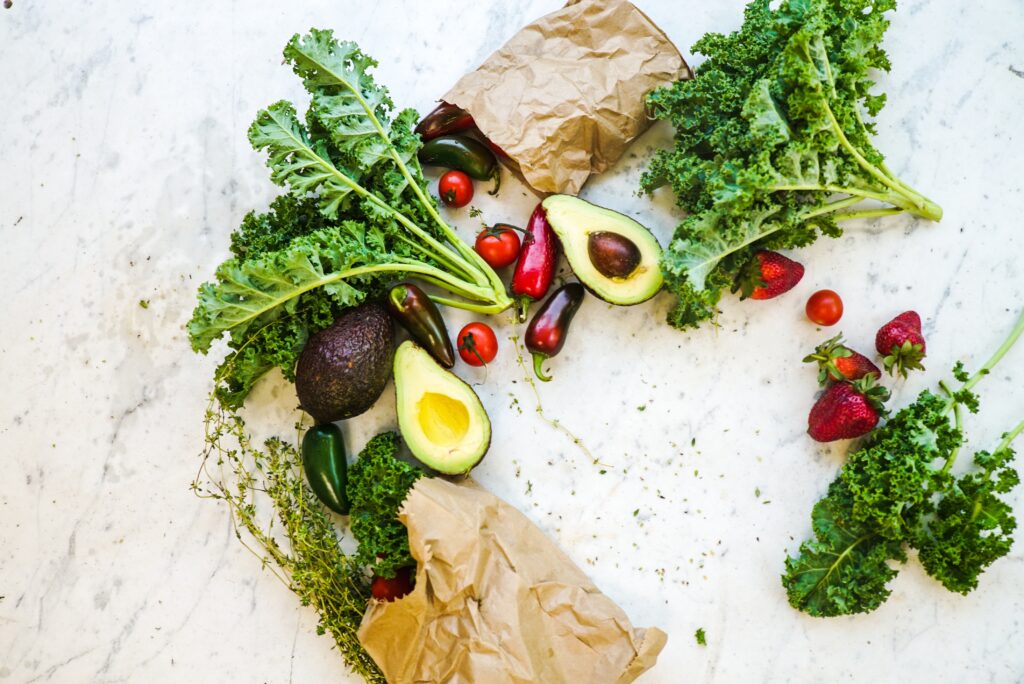Most people understand the connection between nutrition and physical illness, yet few people are aware of the connection between nutrition and mental health.
Connections between nutrition and mental health:
– The brain is an organ with very high nutrient demands, on average it consumes 20% of a person’s daily caloric intake. It is composed of 60% fat, and contains high concentrations of cholesterol and polyunsaturated fatty acids (PUFAs) such as Omega-3s.
– Mood enhancing neurotransmitters in the brain require building blocks (nutrients) from the food we eat such as, proteins, minerals and B vitamins. Unfortunately, many people eat a diet of processed foods that are devoid of these essential nutrients.
– We also now know that the health of the gut plays a crucial role in mental health, also known as the gut/brain connection. This is where pro-inflammatory proteins can travel from the gut to the brain contributing to symptoms of mental illness.
BUT, where do you start? How do you manage all this when you’re not feeling blue, unmotivated, anxious or disorganized and overwhelmed?
1. Eat a diet of whole foods, meaning naturally sourced, local (if you can get it) and organic (when possible). This will help you to avoid consuming damaging chemicals while making sure you get the nutrients your body and brain needs to thrive.
2. Look after your gut by consuming fermented foods with good bacteria and prebiotic foods (a wide variety of whole grains, fruits and vegetable) that contain the fibres that we don’t eat but the good bacteria (microbiota) does!
3. Manage stress by incorporating a daily mindfulness practice. If this is something new to you, you could start by learning to breath deeply and mindfully for a few minutes here and there throughout the day. This simple practice can actually help to shift your body from a sympathetic nervous state (fight or flight) to the parasympathetic nervous state of (rest, digest and restore).
4. Studies have indicated that nutritional supplements are often effective in reducing symptoms of mental illness. Stay tuned for my next blog that will outline various supplements that can help support brain function and manage symptoms. Regardless, I recommend working with a qualified health practitioner to establish an appropriate supplement protocol to meet your individual needs.
5. Daily exercise and/or movement can help to relieve tension and stress, boosts mental energy and enhances mood. Doesn’t matter what it is, whether you walk, run, dance, yoga, swim… just move daily.
There are many ways to promote mental health and recovery from mental illness. Start with whatever is simplest for you. Making small changes can lead to developing new healthier habits which in turn will help improve mood, energy and cognition.
https://www.singlecare.com/blog/news/mental-health-statistics/
https://www.ncbi.nlm.nih.gov/pmc/articles/PMC6170050/
https://www.globaldata.com/global-sales-of-psychiatric-drugs-could-reach-more-than-40bn-by-2025-due-to-coronavirus-says-globaldata/
https://www.ncbi.nlm.nih.gov/pmc/articles/PMC2738337/
https://www.ncbi.nlm.nih.gov/pmc/articles/PMC2738337/

